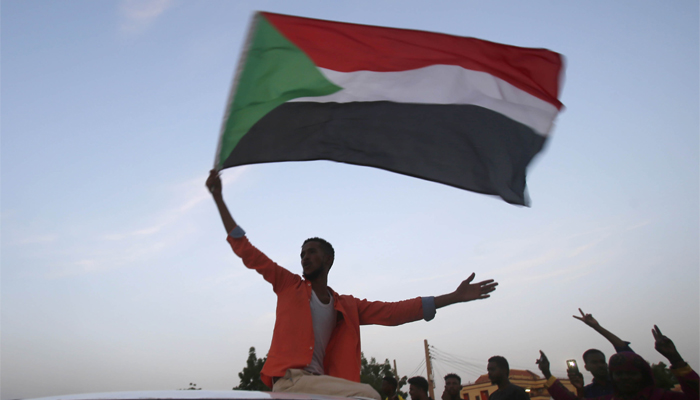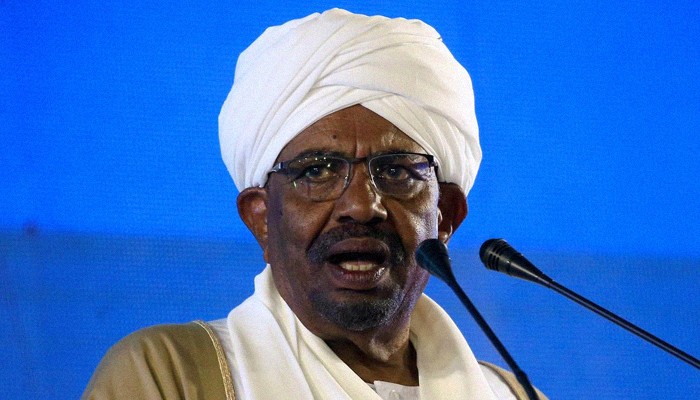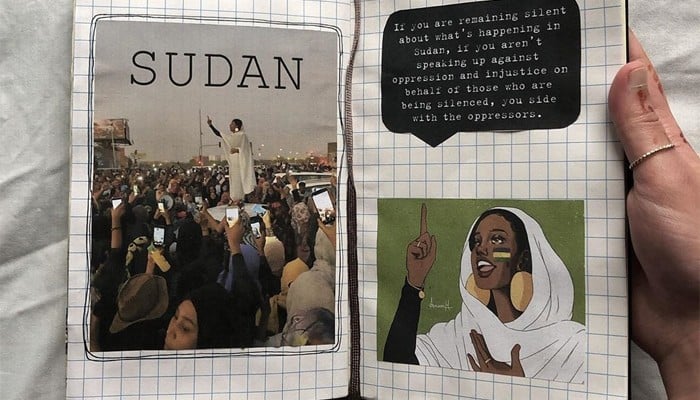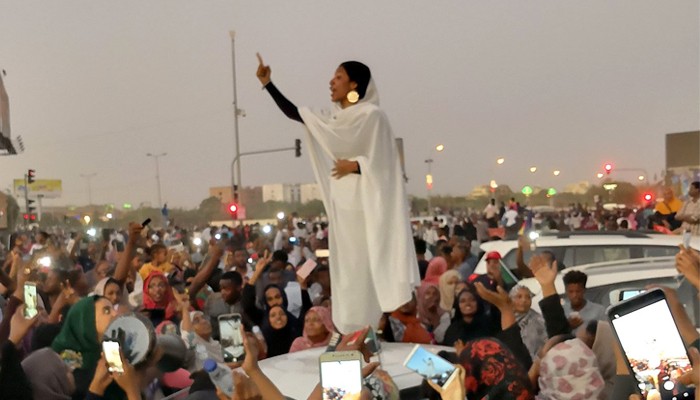
PARIS: New talks between Sudan's ruling generals and protest leaders come after more than six months of major upheaval, including the ouster of long-time president Omar al-Bashir.
The army removed Bashir on April 11 amid rolling anti-regime protests that started in December 2018 over hikes to bread prices.
Here is an overview of developments since then.
Talks start
Elation over the removal of Bashir turns to anger as protesters denounce a "military coup" and demand the army hands power to a civilian government.
The military rulers hold the first round of talks with protest leaders on April 20.
There is a breakthrough on April 27 when they agree to establish a joint civilian-military ruling council.
However there are major differences over its composition, each side wanting its representatives to be in the majority, and whether it should be headed by a soldier or a civilian.
Demonstrators mass in the capital on May 2 as protest leaders say the army is not serious about ceding power.
Talks break down
On May 15, military leaders suspend talks, insisting demonstrators remove barricades set up in the capital.
The negotiations resume on May 19 but break down the following day over the make-up of the new governing body, which is to oversee a three-year transition to civilian rule.
On May 28-29, thousands of public and private sector workers strike across the country to pressure the military rulers.
Bloody crackdown
On June 3, men in military fatigues move in on a major protest camp outside the army headquarters in Khartoum and disperse the thousands of people gathered there.
It is the start of a crackdown across Sudan that lasts several days.
Doctors close to the demonstrators say more than 100 people were killed on June 3 alone; the government toll is lower.
It provokes an international outcry and demands for an investigation.
Rapid Support Forces (RSF) paramilitaries, which have origins in the war in the western region of Darfur, are accused of being behind the violence.
Mediators' proposal
On June 9, protest leaders launch a nationwide campaign of civil disobedience that paralyses the country, hitting the economy hard.
There are more deadly clashes.
However, protest leaders agree on June 11 to end the disobedience campaign and say they are ready to resume talks.
Ethiopia and the African Union mediators present both sides with a proposal for a transition that calls for the creation of a civilian-majority governing body.
The military council says on June 29 it could be the basis for resuming negotiations.
More protests
On June 30, tens of thousands of protesters again rally against the ruling generals in the biggest mass demonstration since the deadly crackdown.
Some chant: "Civilian rule! Civilian rule!"
Security forces are deployed en masse and police fire teargas at crowds approaching the presidential palace.
State media report that seven people are killed, without giving details. Medics linked to the protest movement say five protesters had died.
Protest leaders call for more mass protests on July 13 and a new nationwide civil disobedience campaign on July 14.
Talks resume
The mediators urge the generals and protest leaders to resume talks.
The negotiations resume on July 3, the umbrella protest movement saying a condition is that agreement is reached "within 72 hours".
The talks enter a second day on July 4 still deadlocked over who should head the new governing body.







0 Comments